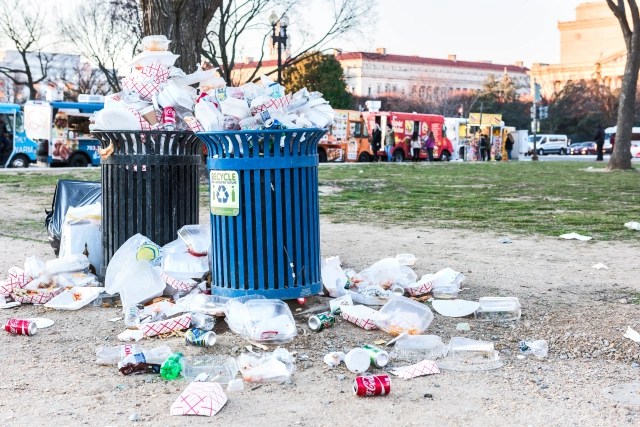By the end of 2024, New Yorkers can take part in the city's new curbside composting program.
The program will be the largest of its kind across the country and will be instrumental in cleaning up trash and clearing out rodents from the 320 square miles home to nearly 8.5 million residents.
This program should help with the city's goals to reduce residential waste disposal volumes by 90% of its 2005 baseline (3.6 million tons) and have no landfill waste by 2030. And with a three-month composting pilot program in Queens saving almost 6,500 tons of yard and kitchen waste from landfills, the region has made some headway.
Sending less waste to landfills makes total environmental sense, especially since we simply have limited land in which to bury garbage each year. The real kicker is that pollution from trash has many harmful impacts, including odors and gases that get into soil and areas close by, making it unsafe for nearby animals and hard for plants to produce nutrients.
Methane is of particular concern as a huge pollutant and cause of our overheating planet, as it's more than 80 times better at absorbing heat from the sun than carbon dioxide.
Julie Tighe, New York League of Conservation Voters President, feels New York's composting program announcement is "a major step toward reaching zero waste," and says that "making this program citywide means less greenhouse gasses escaping into the atmosphere and less garbage on the street — good news for the environment, bad news for the rats."
In his State of the City address on Jan. 26, Mayor Eric Adams mentioned a new climate budgeting process and said, "Going forward, the first question we will ask about new programs and investments is, 'Will this help meet our climate goals?'"
Join our free newsletter for cool news and actionable info that makes it easy to help yourself while helping the planet.









